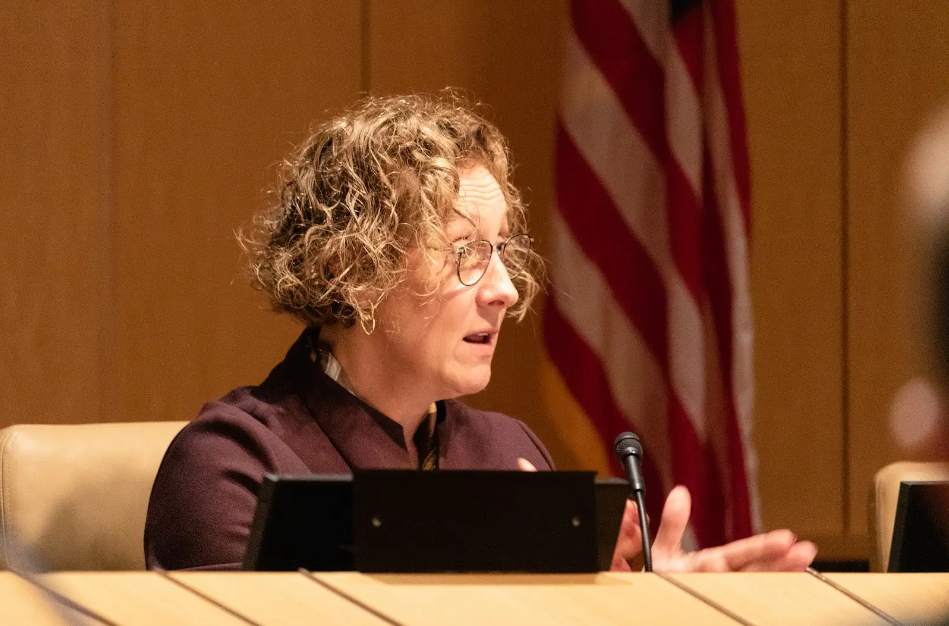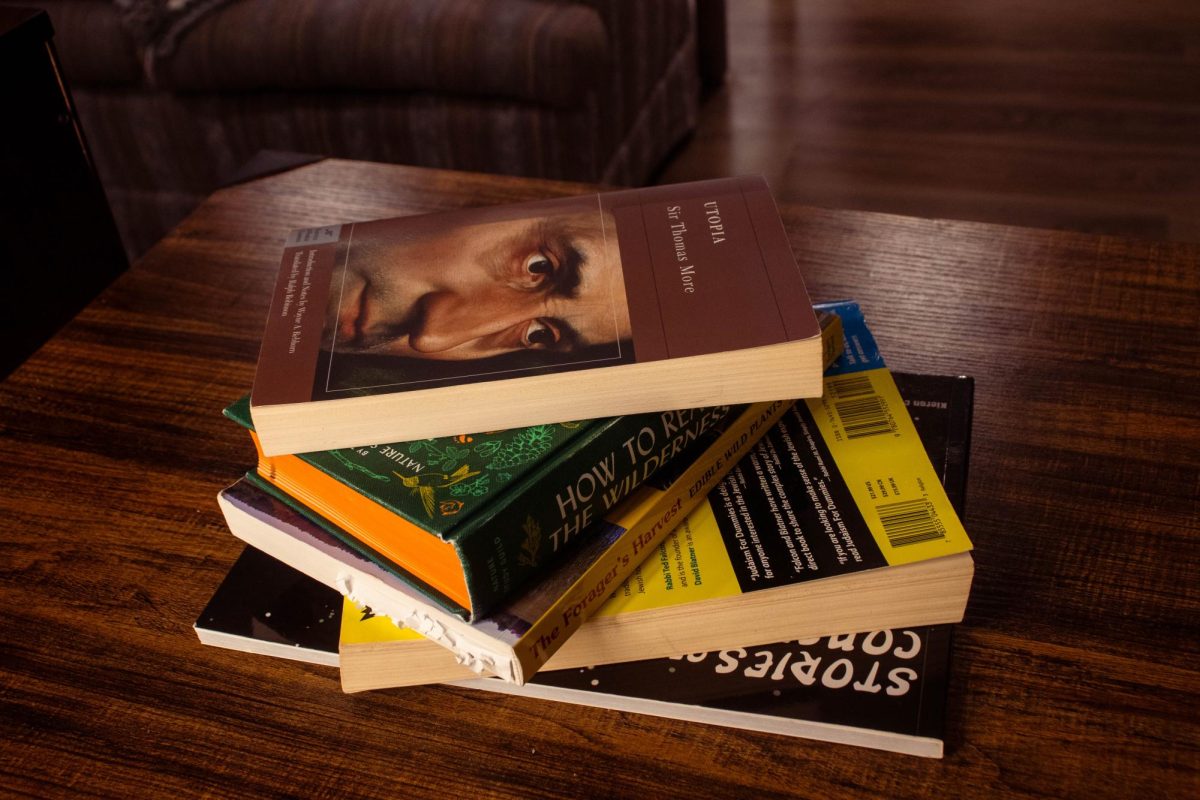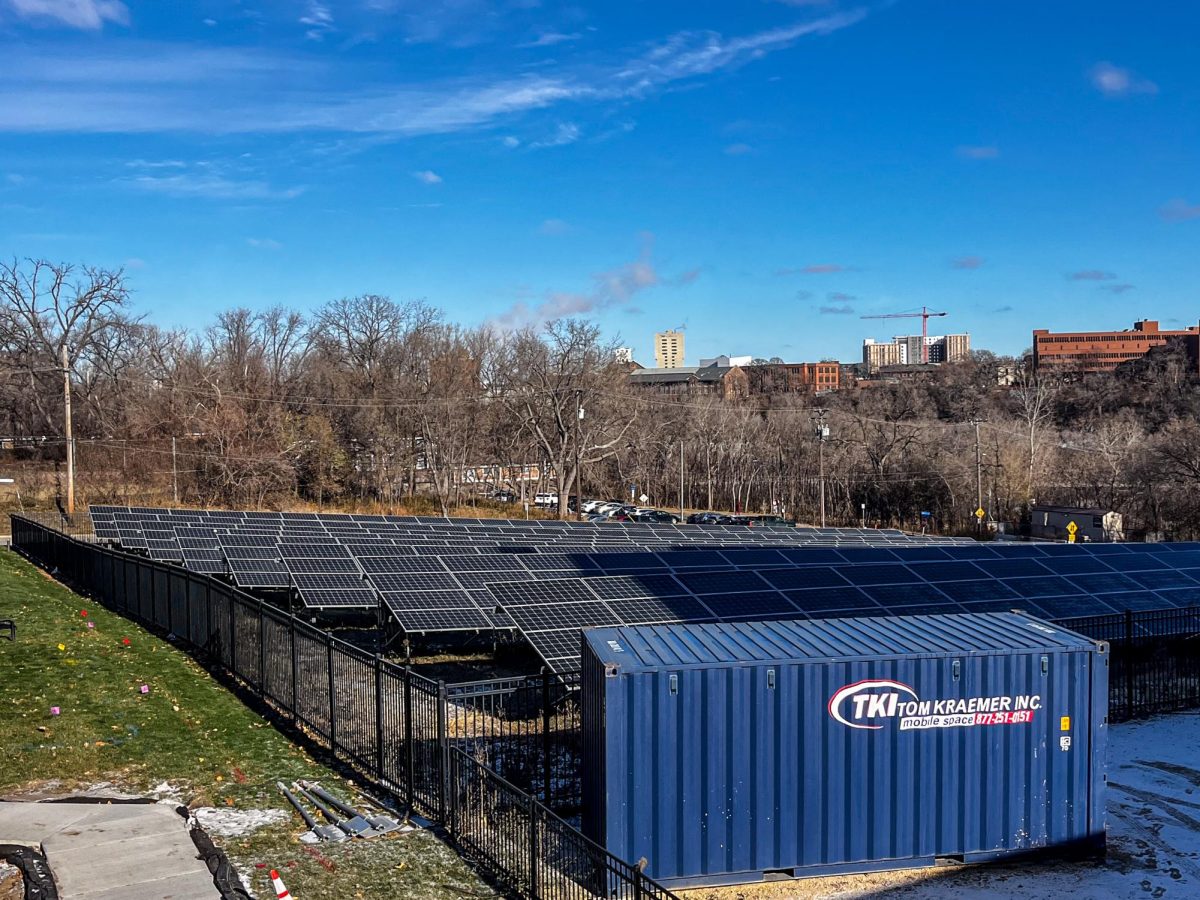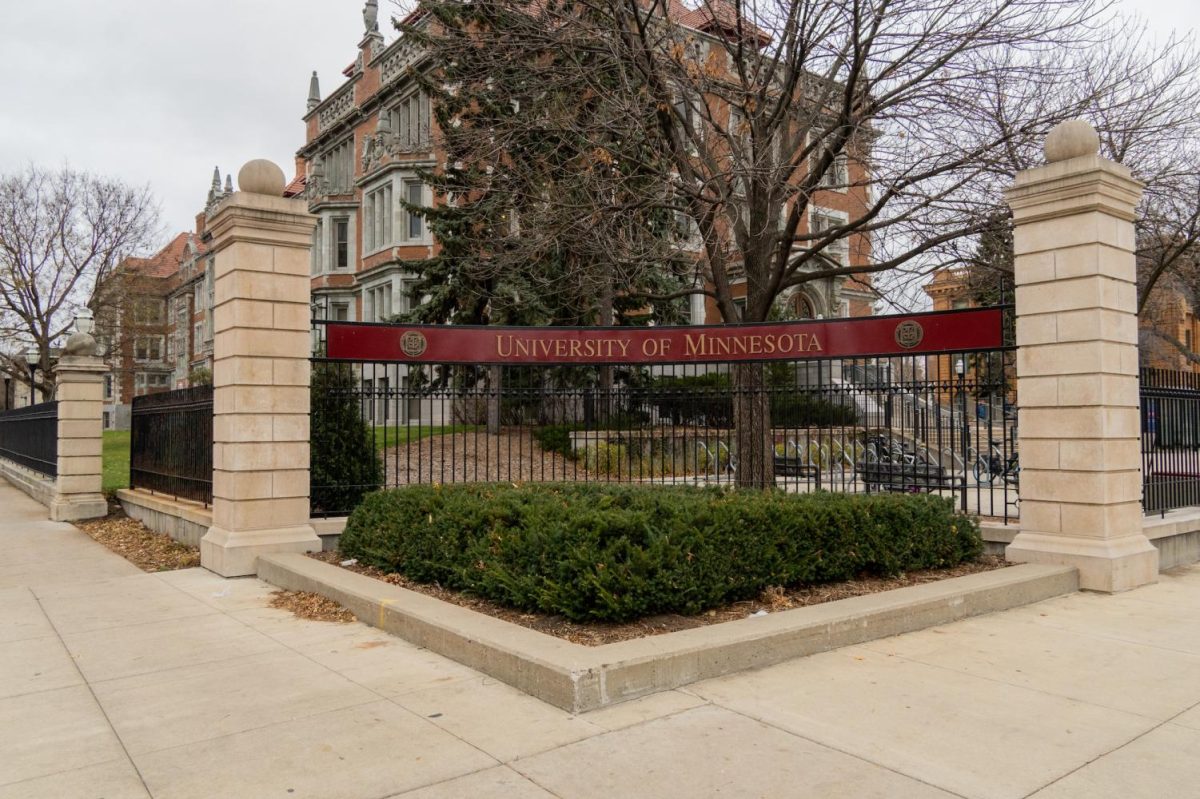The University of Minnesota’s unique Dakota language and Ojibwe language majors allow students to pursue several paths involving their culture.
Students are allowed the opportunity to learn the language of their people while pursuing careers and opportunities tied to the language.
Dustin Morrow, a Ph.D. student with a bachelor’s and an associate degree in Ojibwe language, said he began learning Ojibwe to bring the language back to his family.
“Being Indigenous, you should know something about the language of the people you come from,” Morrow said.
After years of Ojibwe language and linguistics education, Morrow has aspirations to do his part in healing his community while reclaiming the knowledge and identity of Indigenous people.
“I don’t want to be complicit in losing the language of our people,” Morrow said.
As an Ojibwe language speaker, Morrow had several opportunities that furthered his goal of teaching. Morrow is an Ojibwe language tutor but has had the privilege of working with Ojibwe People’s Dictionary teaching language circles and is a board member of the Ojibwe Language immersion school, Waadookodaading.
“My work with Ojibwe People’s Dictionary, without my language degree or the knowledge I got from the language degree, I wouldn’t adequately be able to do that job,” Morrow said.
Summer DuMarce-Lara, a previous Dakota language teaching assistant and tutor, said she has no interest in teaching but wanted to learn the Dakota language to connect with her roots.
“For me learning Dakota was kind of my way of learning more in depth about being Dakota and what that meant to me,” DuMarce-Lara said.
When DuMarce-Lara was at the University, the Dakota language was not a four-year degree but a certificate.
“For the certificate I would have had to take teaching classes and stuff, and I knew that I didn’t want to be a teacher,” DuMarce-Lara said.
DuMarce-Lara is now in veterinary school and finds ways to blend her teachings of Dakota language into her future career as a veterinarian by making posters.
“I made posters that has words for like stethoscope, or vaccines, so that people could learn the Dakota word for that,” DuMarce-Lara said. “I would love to open up a clinic and have phrases in Dakota everywhere, describing animals and objects.”
Being in the Dakota language program, DuMarce-Lara said she was able to create an amazing network of Dakota language speakers she is still in communication with today.
Zoe Brown, the first- and second-year Ojibwe language professor, said in an email statement to the Minnesota Daily students do not have to be Indigenous to study Dakota or Ojibwe language.
“I am a Black individual who got their first serious language learning experiences here at the U, so I am an example of someone who is not Indigenous who has pursued a language degree and it has been the most positive and defining decision of my life,” Brown said.
Brown said pursuing the language in an appropriate manner is something non-Indigenous people can do to support the language revitalization movements.
“People have been learning from one another’s language here for millenia in acts of solidarity and respect and in order to build strong ties between people and communities,” Brown said.
Brown graduated in American Indian Studies with an Ojibwe Language focus before the establishment of the four-year degree program. Shortly after graduating, she was invited to be a teacher at the University.
“Learning language can be a deeply fulfilling act in itself and taking the time to focus on it during your college career can be a beautiful time to build that foundation of a lifelong pursuit,” Brown said.
The funding for this reporting position comes from a grant given to The Minnesota Daily from the Hubbard School of Journalism and Mass Communication, with money from the Freedom Forum. The Daily retains editorial independence from the University of Minnesota in all forms, including this reporting position.













